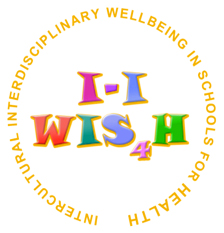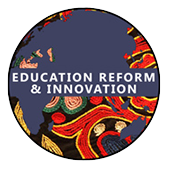Wellbeing of Secondary Schools
The Faculty of Education and Nazarbayev University Graduate School of Education have partnered to conduct a large multi-phased study to examine constructs of wellbeing in adolescence to form a reliable and culturally valid measure alongside more general insights as to the cultural factors and issues that affect adolescent wellbeing in Kazakhstan. The collaborative research process commenced in April 2015 and was funded until March 2017.
Full details of the project can be explored via People, a Research Poster and Dissemination (including publications) and by using the submenu.
Purpose of the research
 To adapt Western constructs and scales of wellbeing to provide a culturally sensitive and appropriate instrument that will assist in identifying and then improve young people’s wellbeing across the older age range of students in secondary schools in Kazakhstan.
To adapt Western constructs and scales of wellbeing to provide a culturally sensitive and appropriate instrument that will assist in identifying and then improve young people’s wellbeing across the older age range of students in secondary schools in Kazakhstan.
Aims
- Develop existing scales to ensure they are culturally appropriate for use in Kazakhstan. Thus adopt a sensitive approach to indigenous cultural factors in order to preclude the simple implantation of Western models.
- Examine how schools (i.e. students, teachers, and school psychologists) conceptualise students’ wellbeing and to track student measures of this during an academic year.
- Provide a sustainable approach for examining the wellbeing of students in Kazakhstan irrespective of background.
- Improve the professional development of psychologists in Kazakhstan via exposure to current trends in international research-based practice.
Scope and sample
There were four major phases of research covering several regions (urban and rural locations) in each phase across Kazakhstan. Read more about Scope and Research Sample.
Team members
University of Cambridge Faculty of Education:
Dr. Ros McLellan (PI); Dr. Liz Winter; and Dr. Eva Brown Hajdukova
Nazarbayev University Graduate School of Education:
Dr. Carole Faucher (PI); Dr. Daniel Hernández-Torrano (PI); Dr. Kairat Kurakbayev; Dr. Anna CohenMiller
Funding Bodies
Funding is provided by the Newton-Al-Farabi Partnership Programme www.britishcouncil.kz/newton-al-farabi and coordinated by the JSC Science Fund and the British Council.
![]()
![]()

